Swiss-Food Talks

«The protection of cultures is no longer guaranteed»
Swiss agriculture is in a tight spot when it comes to crop protection. At the Swiss-Food Talk on July 1, 2025, three producer representatives described how bans, the lack of alternatives, and lengthy approval procedures are putting pressure on their crops.
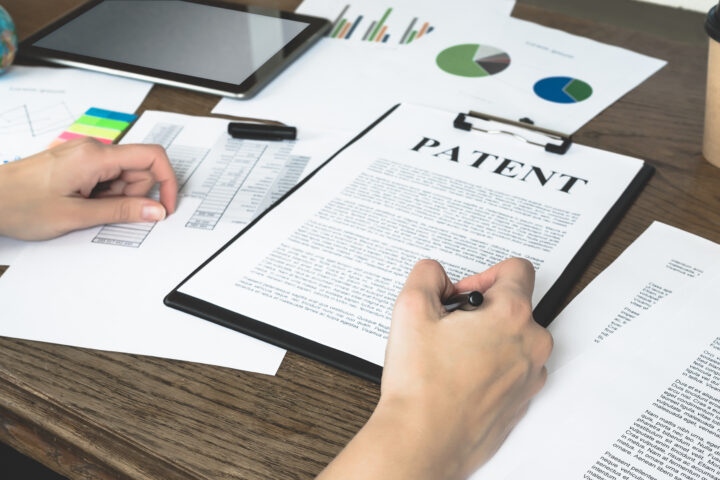
«Switzerland is the most patent-intensive country in the world»
Patents protect innovation and at the same time they drive innovation. During our Swiss-Food Talk on August 15, three innovation experts discussed the importance of patents for the Swiss economy.
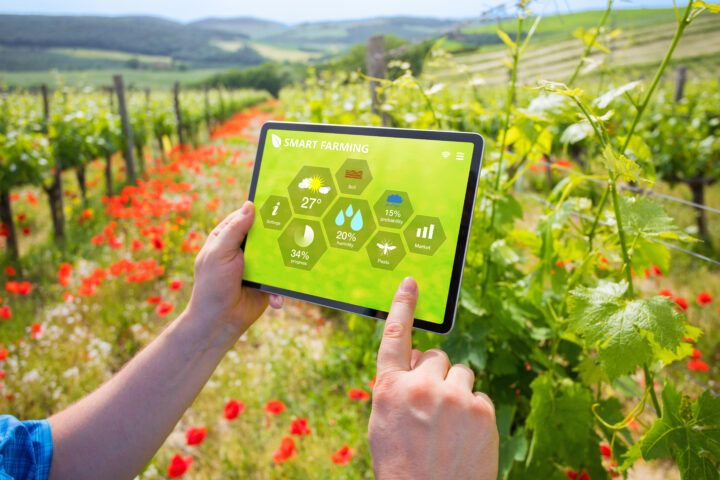
From Data to Harvests - How Digitization is Improving Agriculture
Digitalization is making its way into agriculture. At the Swiss-Food Talk on April 25, 2023, three experts from the agricultural machinery industry, vegetable production, and agricultural media discussed how digitization is changing food production. The consensus is that we are in the transition from industrial to smart agriculture, where data and algorithms as support allow precise interventions and serve sustainability.

How can biodiversity be protected effectively?
Biodiversity is essential to life. And it is currently a very topical issue. The obligation to set aside areas of Swiss farmland for biodiversity promotion has clearly not achieved the desired objectives. Recently published studies indicate that species diversity remains under pressure. This is what prompted swiss-food, in the latest of its series of talks with three established experts, to focus on the tensions between biodiversity and agriculture and to shed some light on the reasons for these.
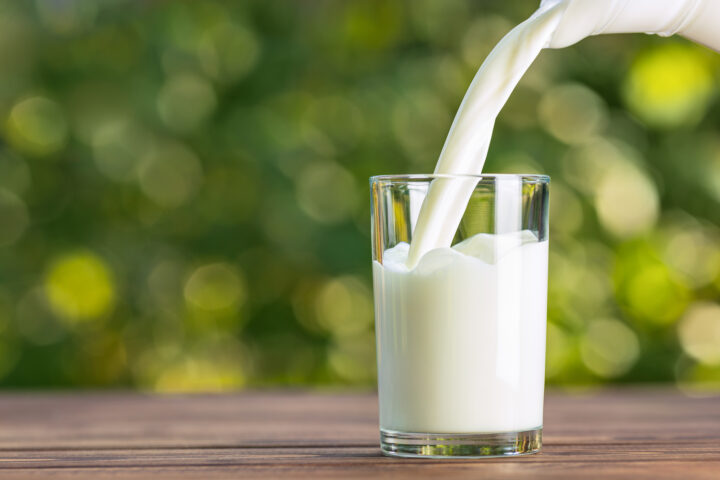
“Future Food”: From development to shopping basket
Protein is a key component in a healthy, balanced diet. However, the majority of protein consumed by humans derives from animals and is extremely resource-intensive to produce. What might alternatives look like? And what needs to happen to enable alternative protein products to end up in consumers’ baskets? At the Swiss-Food Talk, three experts considered the issues.
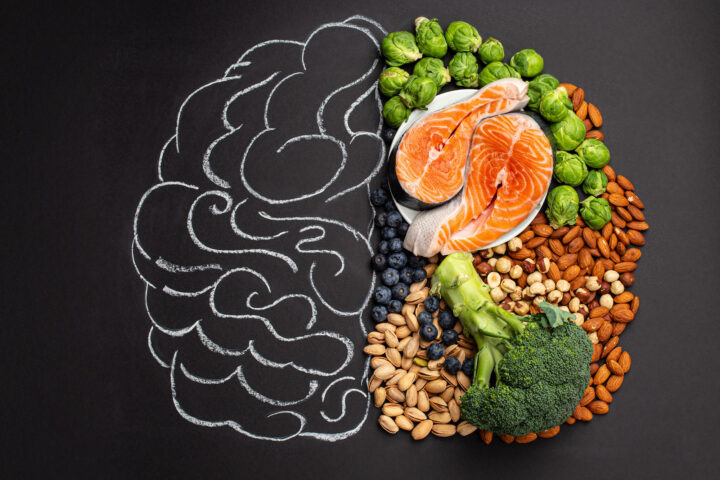
“Natural does not always mean sustainable”
We are reliant on optimized foodstuffs in order to supply the planet’s growing population with healthy, sustainably produced food. However, consumers often view these as “artificial”, and thus “unnatural” – and “natural” is the preferred choice. Of our everyday foods, however, very few are of “natural origin”. They have been optimized by humans over the course of time. But are supposedly “natural” products also healthier and more sustainable? Three presenters took an in-depth look at food optimization in this Swiss-Food Talk.
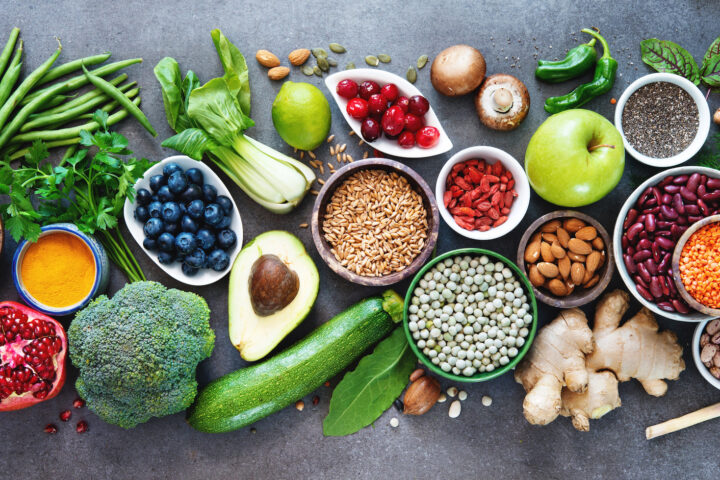
«How to feed the world without starving the planet»
The nutrition of the future should ensure access to the necessary nutrients for all people and be healthy for the planet. That is the goal. However, developing this kind of “planetary health diet” is not so easy. In the Swiss-Food Talk, experts in science and industry discussed what healthy, environmentally friendly nutrition should look like. One thing is clear: Sustainable food must suit the tastes of the people, meet the specific local needs, and must be affordable.
Contributions

Assess scientifically instead of banning indiscriminately
The debate surrounding PFAS is gaining momentum in Switzerland. At its core are questions about potential risks to human health and the environment, as well as future regulatory approaches. A differentiated, science-based approach is essential – as emphasised by scienceindustries in a short interview with Dominique Werner, Head of Chemicals Regulation.
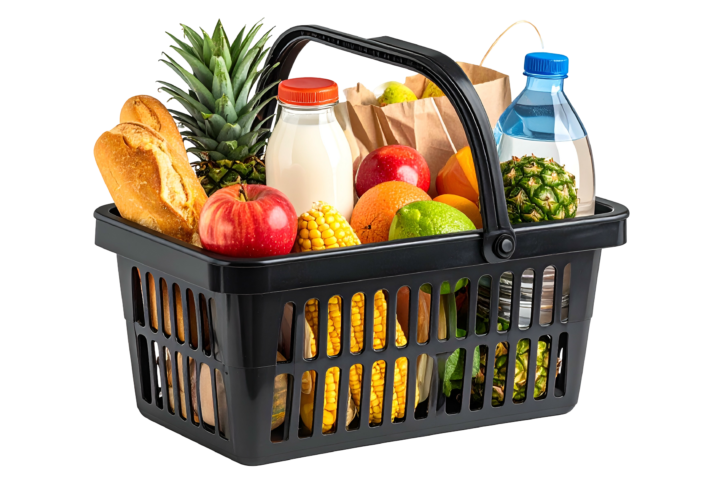
What’s Really in Your Shopping Basket
Genetic engineering in our shopping basket? Yes – and much more often than we think. Whether it’s pasta, bread or vegetables: many of the everyday products we consume come from mutation breeding, which involves altering the genome and is considered safe. It’s high time to debunk the common myths.
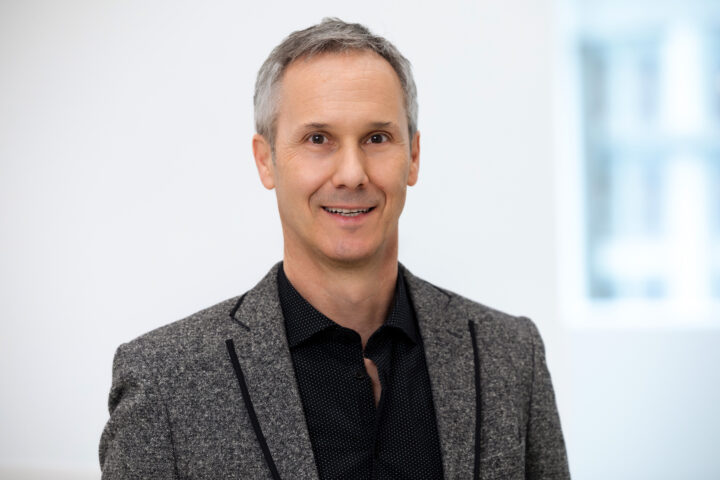
Residues, thresholds, trust – looking calmly behind the headlines
In this conversation with toxicologist Lothar Aicher, the discussion focuses on how residues enter the body, how their potential harm is assessed, and what role modern analytical methods play.
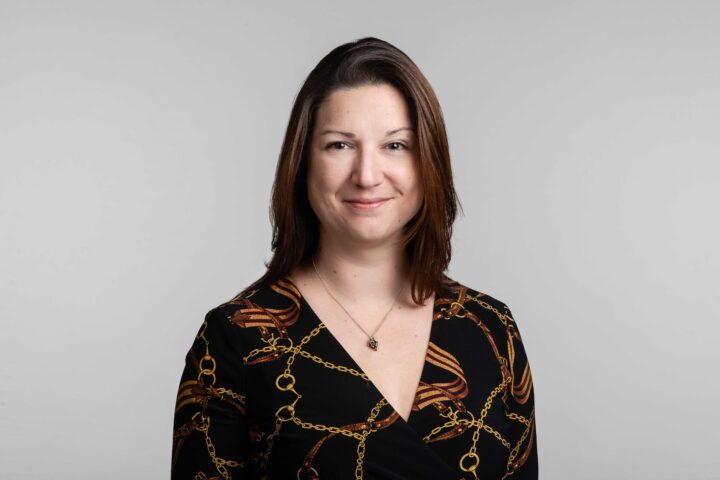
Hazard is not the same as risk: how we understand – and should understand – threshold values
In this episode of the podcast, risk researcher Angela Bearth discusses residues and threshold values in food – a topic often debated emotionally. In public discussions, threshold values tend to dominate, while the complex challenges of agriculture are rarely considered. Studies show, however, that once these relationships are explained and solutions are addressed, people respond in a more differentiated way.
Podcasts

Residues, thresholds, trust – looking calmly behind the headlines
In this conversation with toxicologist Lothar Aicher, the discussion focuses on how residues enter the body, how their potential harm is assessed, and what role modern analytical methods play.

Hazard is not the same as risk: how we understand – and should understand – threshold values
In this episode of the podcast, risk researcher Angela Bearth discusses residues and threshold values in food – a topic often debated emotionally. In public discussions, threshold values tend to dominate, while the complex challenges of agriculture are rarely considered. Studies show, however, that once these relationships are explained and solutions are addressed, people respond in a more differentiated way.
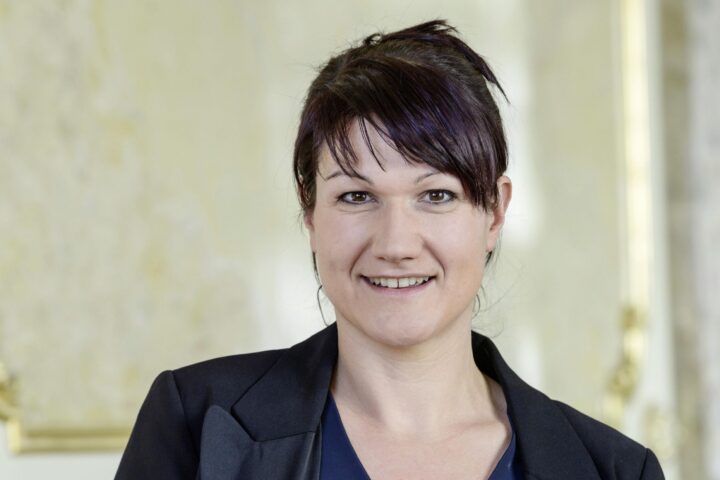
PFAS, trade-offs and responsibility – how politics and agriculture find solutions
In this episode of the joint series by Agrarpolitik – der Podcast and swiss-food.ch, National Councillor Christine Badertscher discusses how residues and threshold values are debated in Parliament.
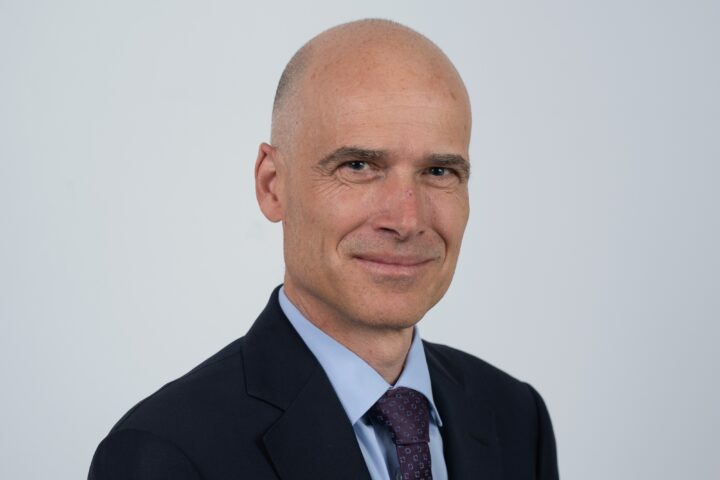
Thresholds, approvals, responsibility – how plant protection products are really assessed
Threshold values are often at the centre of public debate – yet in reality they are only a small part of a much broader risk assessment system. Dr Michael Beer, Head of the Food and Nutrition Division at the Federal Food Safety Office, provides clarity.

